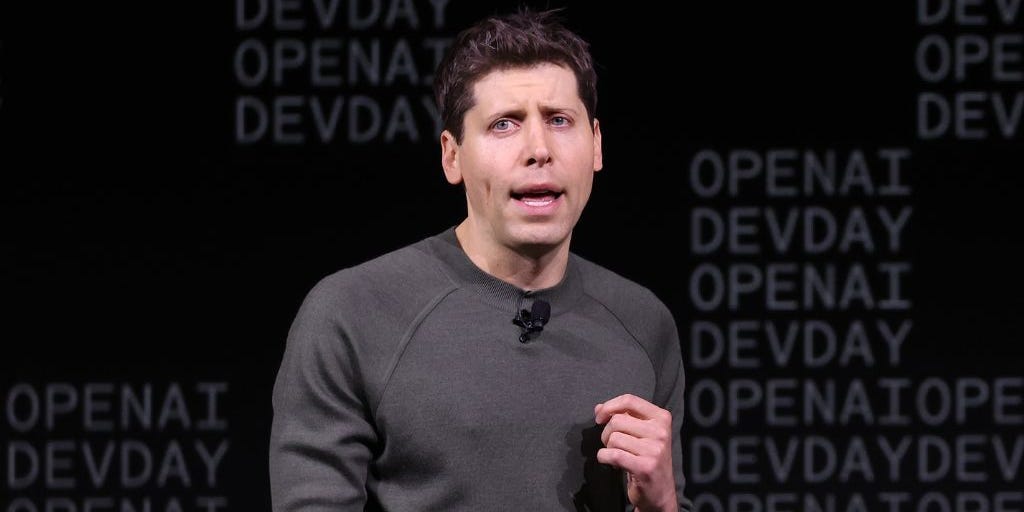The 39-year-old Stanford dropout has talked about turning OpenAI into a regular, for-profit company, The Information reported on Wednesday, citing an individual who’d spoken to Altman.
Unlike most companies, OpenAI says it is run as a “capped-profit” company, with its for-profit arm governed by a nonprofit.
The company announced in a March 2019 blog post that it was shedding its status as a typical nonprofit to better realize its mission of building safe artificial general intelligence (AGI) for the world.
“We want to increase our ability to raise capital while still serving our mission, and no pre-existing legal structure we know of strikes the right balance,” OpenAI wrote. “Our solution is to create OpenAI LP as a hybrid of a for-profit and nonprofit—which we are calling a ‘capped-profit’ company.”
Representatives for OpenAI didn’t respond to The Information’s request for comment.
Altman’s leadership of the Microsoft-backed AI upstart has not been without controversy. In November, Altman was briefly ousted after OpenAI’s former board alleged that he was “not consistently candid in his communications” with them.
“For years, Sam had made it really difficult for the board to actually do that job by withholding information, misrepresenting things that were happening at the company, in some cases outright lying to the board,” former OpenAI board member Helen Toner said in an interview on “The TED AI Show” podcast that aired Tuesday.
Toner said Altman was a deceptive figure who lied and hid information from the board “multiple” times. According to Toner, OpenAI’s board was kept in the dark about ChatGPT’s release in November 2022.
Instead, the board only learned about the chatbot’s existence, like everybody else, when news of its release began spreading on Twitter.
Toner, who left the board shortly after Altman was reinstated as CEO, also accused him of lying about his financial interests in OpenAI.
“Sam didn’t inform the board that he owned the OpenAI Startup Fund, even though he constantly was claiming to be an independent board member with no financial interest in the company,” Toner said, referencing the company’s venture capital fund for AI startups.
On March 29, OpenAI revealed in an SEC filing that Altman no longer owned or controlled the venture capital fund.
The company said in a statement to Axios that the fund’s initial ownership structure was a “temporary arrangement, and involved no personal investment or financial interest from Sam.”
“We are disappointed that Ms. Toner continues to revisit these issues,” OpenAI chairman Bret Taylor said in a statement to the podcast. “Our focus remains on moving forward and pursuing OpenAI’s mission to ensure AGI benefits all of humanity.”
Representatives for OpenAI didn’t immediately respond to a request for comment from BI sent outside regular business hours.
Read the full article here


